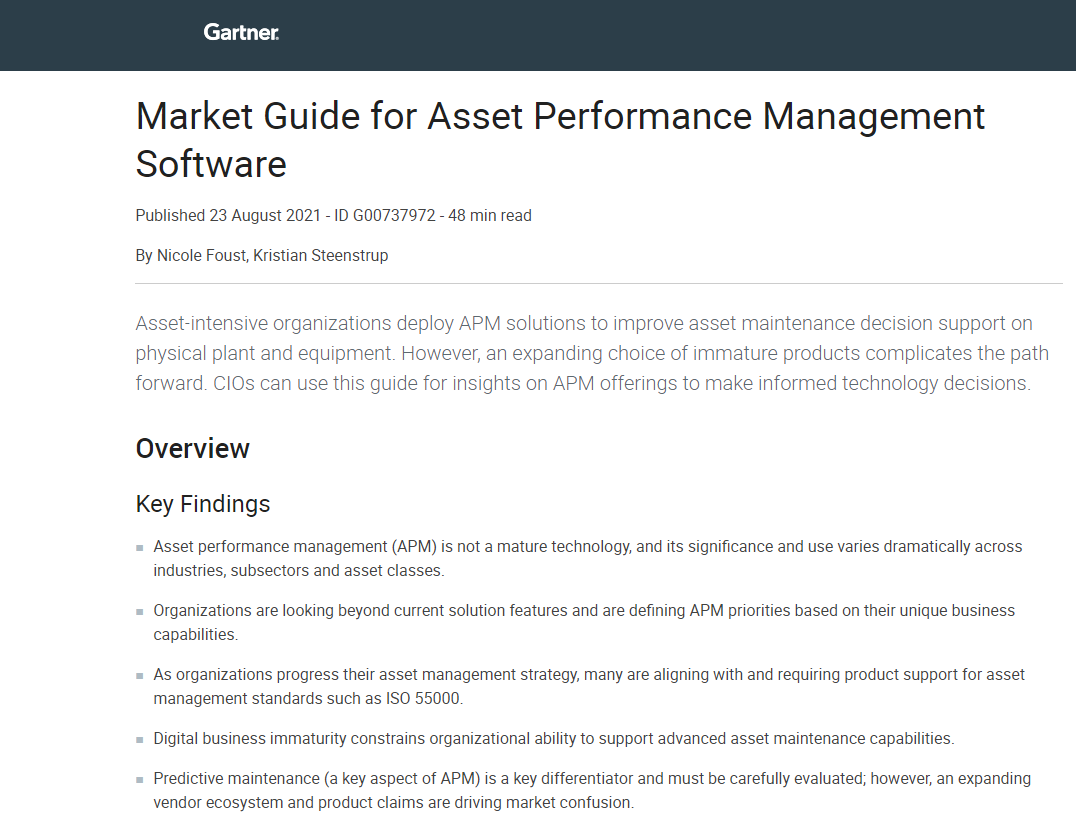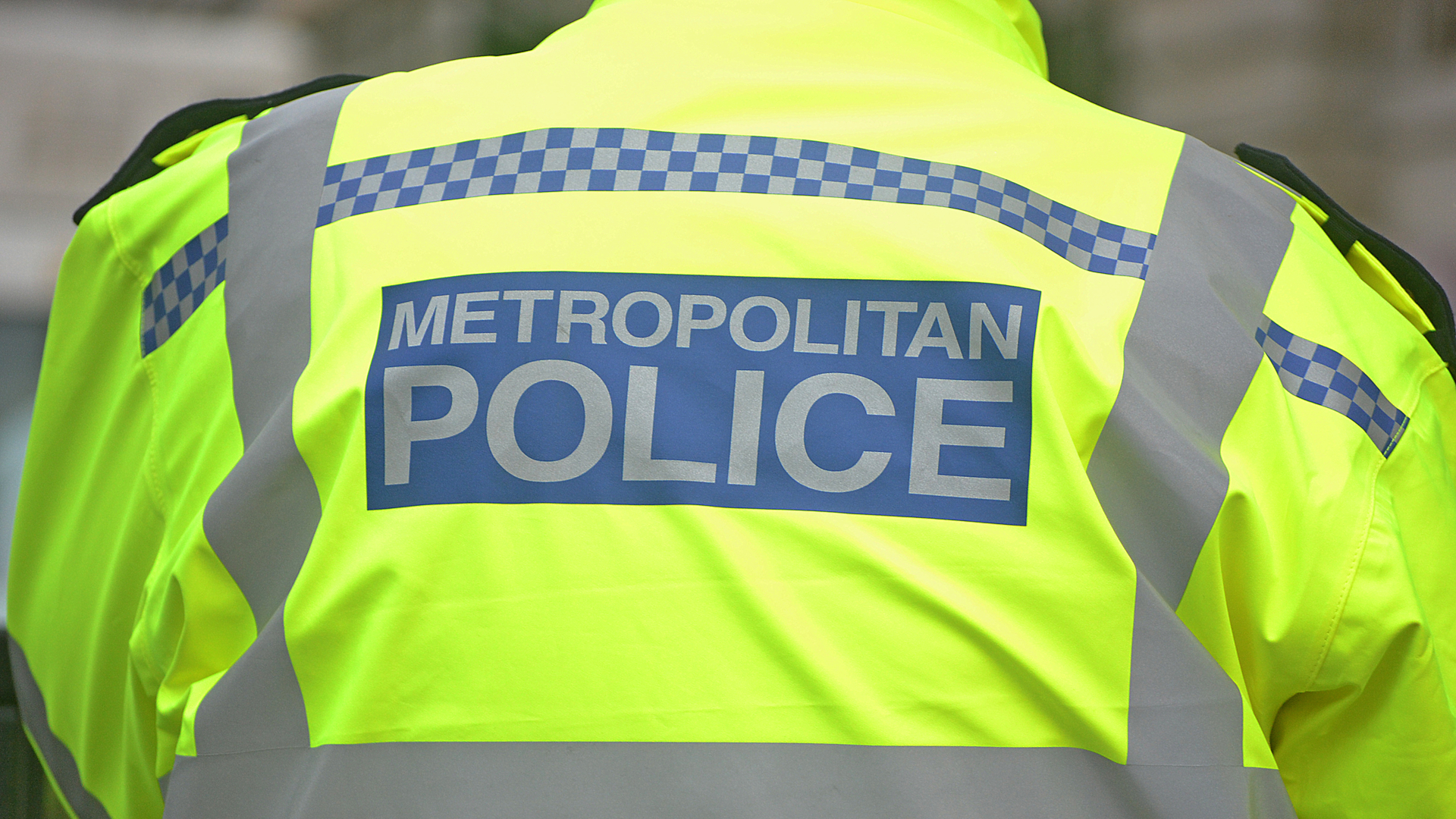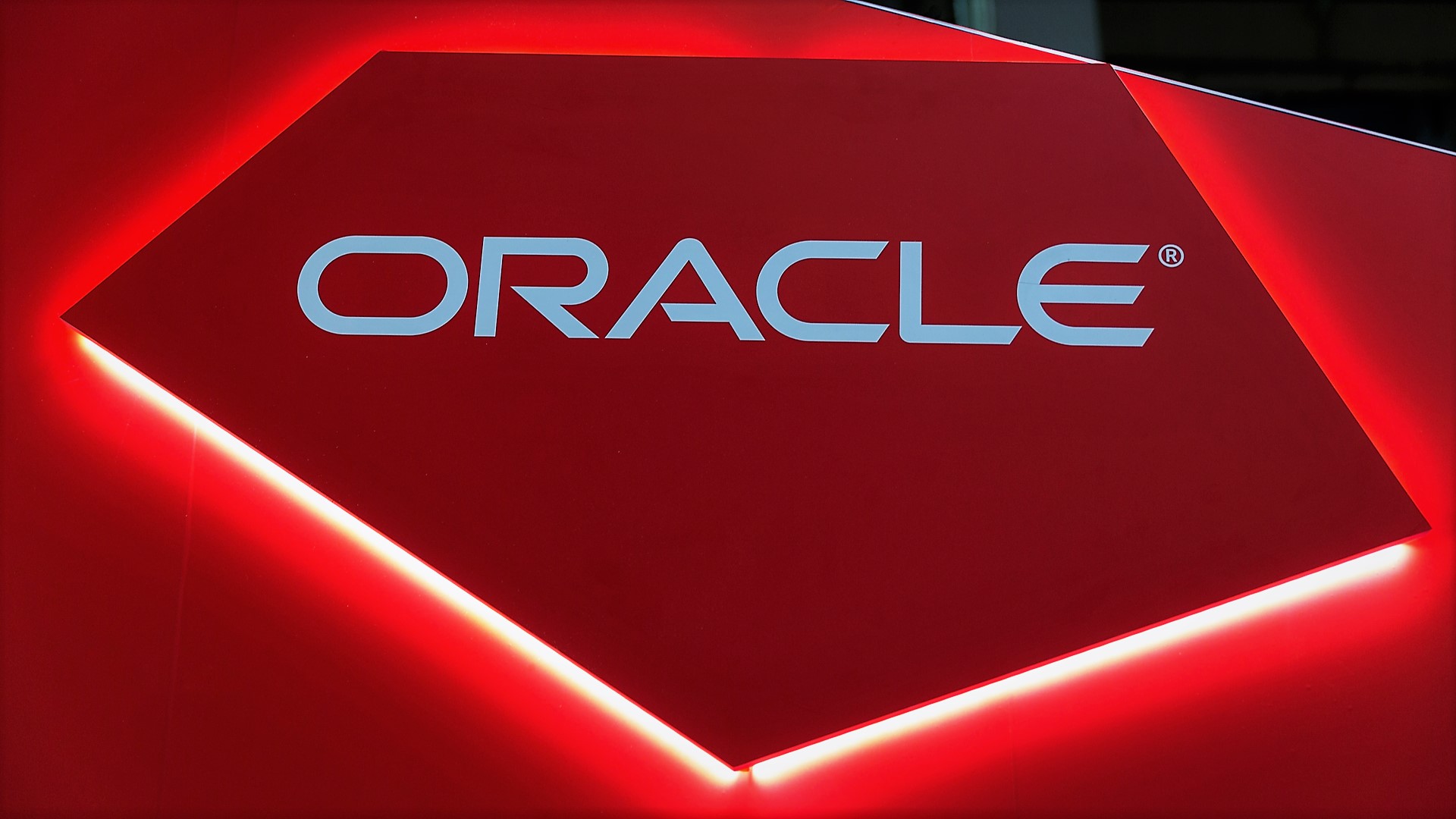London Police draw up copyright infringing website hit list
City of London Police hope to kill-off websites peddling pirated goods with new Infringing Website List

The Intellectual Property Crime Unit (PIPCU) of London's Police has drawn another battle line in its war against intellectual property theft with the launch of the Infringing Website List (IWL).
The database aims to provide the digital advertising sector with information about sites that host copyrighted content.
Those found to be hosting copyrighted material will be added to the database and their details passed on to major advertisers.
If an advert from an established brand appears on an infringing website, it lends the site a look of legitimacy.
The hope is once firms find out their content is appearing on websites hosting illegal material, they will pull their adverts from the pirates' pages.
Advertising, according to PIPCU, is a key generator of criminal profits for websites that provide copyrighted content.
Disrupting the flow of this revenue is a major part of the City of London Police's Operation Creative initiative, which held a three-month pilot program last year.
During the trial phase, with the co-operation of the British Recorded Music Industry, the Internet Advertising Bureau and others, 12 per cent of identified illegal websites saw a reduction in major advertising revenue.
Get the ITPro daily newsletter
Sign up today and you will receive a free copy of our Future Focus 2025 report - the leading guidance on AI, cybersecurity and other IT challenges as per 700+ senior executives
"If an advert from an established brand appears on an infringing website, not only does it lend the site a look of legitimacy, but inadvertently the brand and advertiser are funding online crime," said detective chief inspector and head of PIPCU, Andy Fyfe.
"The IWL serves as a safety tool, ensuring the reputation of advertisers and brands are not discredited through association with illegal websites."
Anti-piracy body the Federation Against Software Theft (FAST) applauded the scheme, stating it would "starve pirate websites of the oxygen that is advertising revenue". Protecting the IP is vital to not just the firms that own them, chief executive Alex Hilton added, but to the UK economy at large.
-
 Bigger salaries, more burnout: Is the CISO role in crisis?
Bigger salaries, more burnout: Is the CISO role in crisis?In-depth CISOs are more stressed than ever before – but why is this and what can be done?
By Kate O'Flaherty Published
-
 Cheap cyber crime kits can be bought on the dark web for less than $25
Cheap cyber crime kits can be bought on the dark web for less than $25News Research from NordVPN shows phishing kits are now widely available on the dark web and via messaging apps like Telegram, and are often selling for less than $25.
By Emma Woollacott Published
-
 IDC: The business value of IBM Maximo
IDC: The business value of IBM MaximoWhitepaper Integral to the transformation of asset management
By ITPro Published
-
 How to choose APM software for your business
How to choose APM software for your businessWhitepaper A market guide to Asset Management Performance software
By ITPro Published
-
 Met Police faces legal action over "racist" Gangs Matrix database
Met Police faces legal action over "racist" Gangs Matrix databaseNews There is no way for people on the secretive database to appeal against their inclusion or ask for the data to be reviewed
By Zach Marzouk Published
-
 Scandal-hit Toshiba to split into three companies
Scandal-hit Toshiba to split into three companiesNews The troubled Japanese giant aims to create more value for investors with "attractive" business separation
By Bobby Hellard Published
-
 Tektronix updates its asset management software
Tektronix updates its asset management softwareNews CalWeb gains four new capabilities surrounding test and measurement equipment calibration
By Praharsha Anand Published
-
 Oracle Utilities partners with Veracity and Triniti to streamline utilities’ digital transformation
Oracle Utilities partners with Veracity and Triniti to streamline utilities’ digital transformationNews The trio will join forces to enhance utilities’ critical infrastructure and processes
By Praharsha Anand Published
-
 The definitive guide to warehouse efficiency
The definitive guide to warehouse efficiencyWhitepaper Get your free guide to creating efficiencies in the warehouse
By ITPro Published
-
 Atera raises $77 million for its all-in-one SaaS
Atera raises $77 million for its all-in-one SaaSNews RMM by Atera helps MSPs monitor and manage remote IT networks with ease
By Praharsha Anand Published